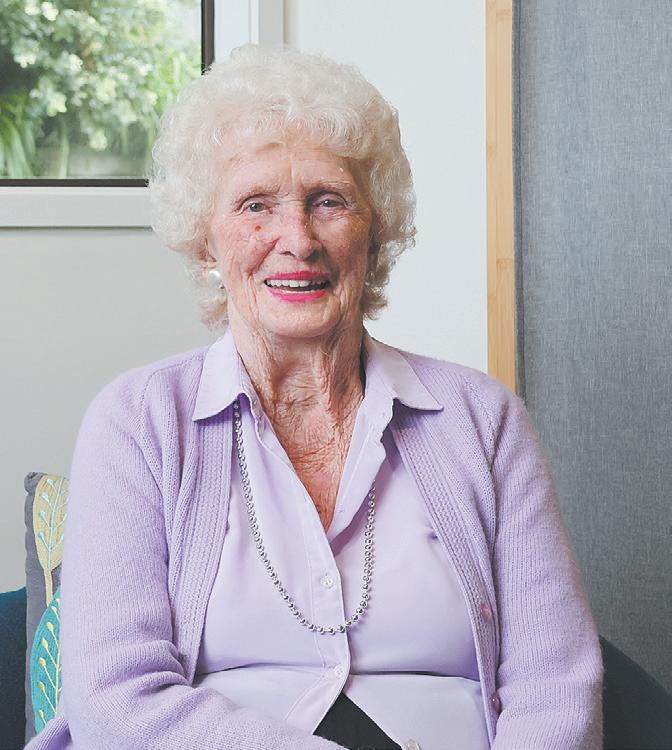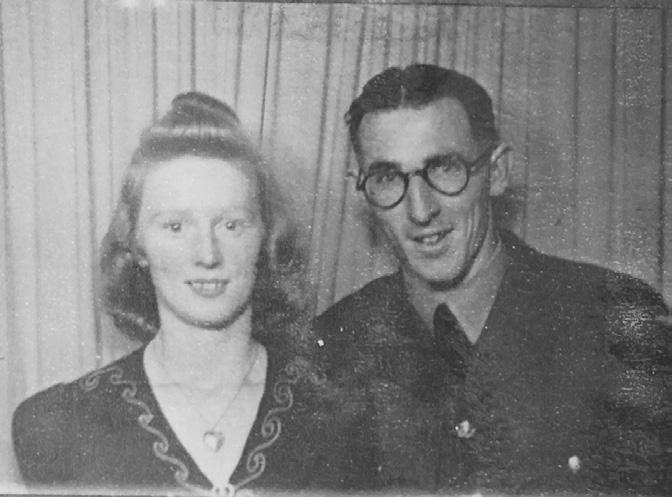
1 minute read
Gas, gravel and horse racing – a centenarian
Long-time Devonport peninsula resident June Thomas, who recently turned 100, fondly remembers a Devonport much different to the one we know today.
Thomas and her three siblings moved to a gasworks house in Abbotsford Tce in 1926, when she was three years old. Her father was an engineer at the works, which closed in the early 1960s.
The houses in the street were gas-lit, and Thomas didn’t live in a house with hot water until she was 17.
Her father suffered burns in a fire at the works, and Thomas was always wary of the potential dangers of gas.
Doing their Devonport School homework at night, Thomas and her siblings would huddle around candles because her father didn’t want the gas on.
“The gas company house with no lights at night. Even though he worked at the gasworks, he was still frightened of gas.”
Generally, though, her memories are of a more carefree time, with roads less car-dominated.
Thomas and her sister would often bike to Albany, on gravel roads, including Lake Rd, to collect fallen apples from orchards.
She found plenty of ways to stay busy as a child – hiding under Devonport Wharf to watch the water froth as the boats came in, playing cricket in the street with other children from the neighbourhood and roller-skating down Lake Rd (after it had been concreted).
She used to walk from Devonport around the rocks and mangroves to Bayswater, where she would pay a penny to swim in the Bayswater Boating Club pool.
When the Waitemata Golf Course was a racecourse for horses and motorbikes, Thomas and her mates would sneak under the fence to find mushrooms and cash dropped by racegoers.
Thomas recalls the Victoria Theatre hosting a concert for children in which the Mickey and Minnie Mouse characters got married.
“Up on the stage the lights went on and it was just as if they were acting in the film. I always remembered it.”
She was part of an Akarana marching team and remembers visiting shops on Victoria Rd to get the silver buttons for her uniform coat.
When World War II started, Thomas’s father got a job as an engineer in the military and the family moved to a Navy house in Takapuna.

“We had electric lights and hot water – that was marvellous.”
Thomas had by then started work as a tailor in the city, making men’s suits, then officers’ uniforms in wartime.
She used to catch the bus from Takapuna to Devonport, then take the ferry to town.
Coming home, she often had to steer clear of American soldiers looking for company.
“We couldn’t go down Queen St because they’d say, ‘come to the pictures with me’ –









